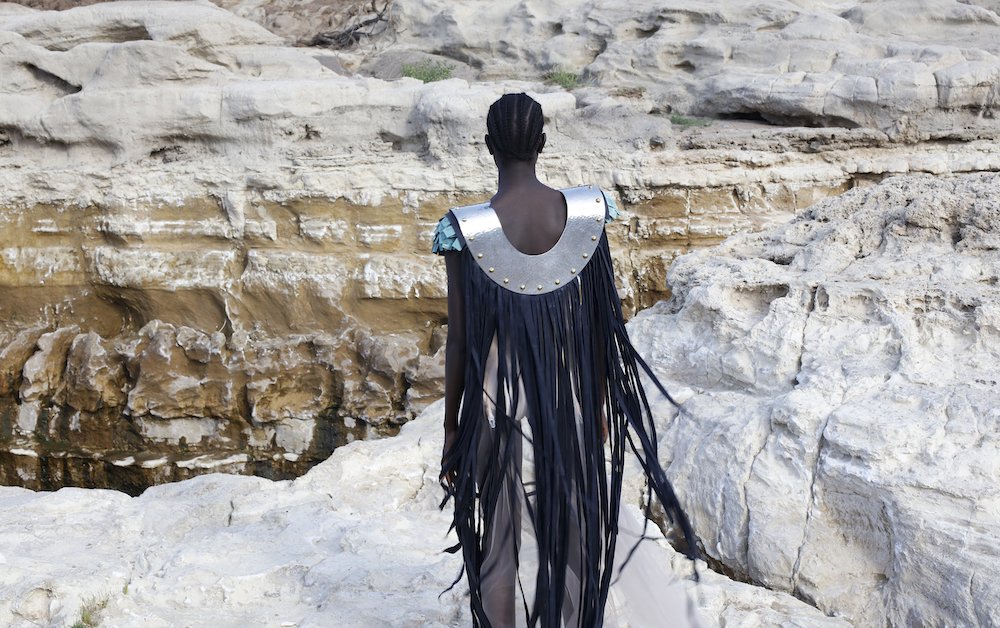ImpactAlpha, May 14 – Kenya’s musicians, DJs, fashion designers, visual artists, event planners, chefs and other creatives are on the frontlines of COVID’s economic shocks. Half of Kenya’s creative professionals have seen 80% or more of their normal income disappear, as events were cancelled, creative spaces closed and tourism stopped, according to Nairobi-based HEVA Fund, an investment firm that supporting East Africa’s creative businesses.
Creatives have worse odds of finding relief, because they were already considered “high-risk” or non-creditworthy businesses by banks and private investors, and Kenya’s creative representative bodies lack resources and capacity to adequately advocate for them.
“There’s a worry that some will completely leave the sector—that we will see limited cultural output and loss of specialized labor in this space,” HEVA’s George Gachara and Wakiuru Njuguna told ImpactAlpha.
HEVA, which has supported 40 creative businesses and 8,000 practitioners with grants, investments and technical assistance since 2013, has suspended interest accrual indefinitely and restructured terms for its investees.
“We need to see more shared spaces and infrastructure to create a more resilient ecosystem,” says Gachara. HEVA’s report advises on actions to ensure that the sector doesn’t return to “pre-pandemic business as usual.” Its five-part plan:
- Rescue finance. HEVA is planning a $1 million short-term relief facility to ensure that creatives, the majority of whom are freelancers, have financial resources to continue to produce. It’s also eyeing $20 million for a long-term fund. A “creative industry guarantee facility” is also needed to unlock additional commercial capital, the firm says.
- Hire local. Creative talent can help advance the government’s COVID health campaigns and preparedness, like producing local media broadcasts and manufacturing protective equipment.
- Tax incentives. Effective public policy can unlock and stimulate creative productivity.
- Savings groups. Artists need representative bodies, dedicated artist savings and credit unions, and an arts council.
- Reliable royalties. Administrative action can help creatives secure digital sales, royalties and licenses from online and streaming platforms.











